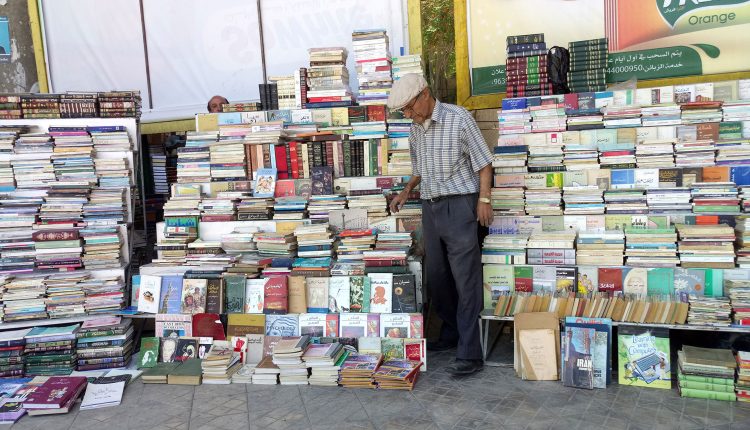Syria Reinstates Customs Exemption on Books Under Florence Agreement
By Kardo Roj
DAMASCUS, Syria (North Press) – In a move that could boost cultural exchange and accessibility to knowledge, Syria’s Ministry of Information announced Thursday the reinstatement of the Florence Agreement, effectively removing customs duties on books. The decision, framed as a step toward intellectual openness, aims to ease the circulation of literature and support Syrian publishers hampered by years of bureaucratic delay and regulatory uncertainty.
The announcement, released through a statement on “censorship and publication review,” marks a notable shift in cultural policy. Ministry officials emphasized their renewed commitment to the principles of freedom of thought, expression, and publishing—rights enshrined in the country’s constitutional declarations but often challenged in practice.
“In recognition of the value of knowledge and the importance of making books accessible to all, we have decided to reactivate the Florence Agreement,” the ministry stated, citing its belief in empowering both readers and the publishing sector.
The move comes in response to mounting frustrations among Syrian publishers over regulatory ambiguities that disrupted publishing operations in recent years. The ministry’s statement referenced a controversial document titled Self-Censorship, issued during Syria’s caretaker government period following the fall of the previous administration. The document, lacking official legal backing, reportedly created confusion among publishers and government institutions, leading to operational delays and a backlog of applications for book approvals.
“This unofficial guideline led to a legal vacuum between the Ministry of Information and publishing houses,” the statement explained, adding that the resulting disruption hampered publishers’ ability to function and stalled cultural production across the country.
To address this impasse, the current Minister of Information, Hamza al-Mustafa, has directed immediate approval of all publication titles submitted over the past two weeks to the Ministry’s Media Evaluation Directorate. The directive is also seen as an effort to ensure Syrian publishers can participate in upcoming international book fairs, a crucial platform for cultural exchange and industry revival.
The reinstatement of the Florence Agreement—originally established under UNESCO to facilitate free cross-border exchange of educational, scientific, and cultural materials—is being interpreted as both a symbolic and practical gesture. While Syria had previously been a signatory to the agreement, the country’s recent turmoil and fragmented institutional landscape had rendered many such policies inactive or inconsistently applied.
Although the ministry reasserted its support for freedom of expression, independent cultural observers caution that censorship remains a sensitive issue in Syria. Publishers have long operated under tight constraints, often resorting to self-censorship to avoid state pushback. Nonetheless, Thursday’s decision could help rekindle Syria’s struggling publishing industry, especially as readers seek more diverse and uncensored content in a country emerging from years op
While the broader political and security context in Syria remains complex, the exemption of books from customs duties presents a rare instance of policy geared toward cultural revitalization. For the publishing community, the move offers a measure of relief and the possibility of renewed engagement with regional and international markets.
Analysts note that any sustainable recovery of Syria’s cultural sector will require consistent policy enforcement, increased transparency, and a genuine commitment to freedom of expression. However, initiatives like the reactivation of the Florence Agreement may lay foundational steps toward rebuilding the country’s intellectual infrastructure.
As Syrian publishers prepare to showcase their work at upcoming literary events, the latest announcement could mark a cautious but hopeful return to cultural normalcy—offering readers and writers alike a platform to reconnect through literature in a landscape long shaped by conflict and control.

